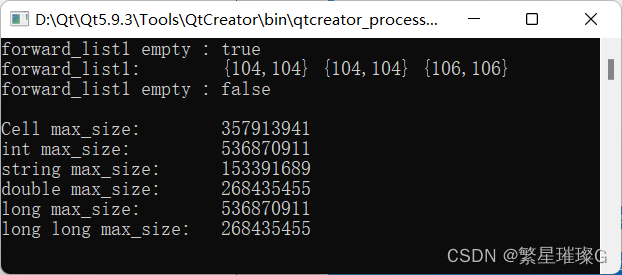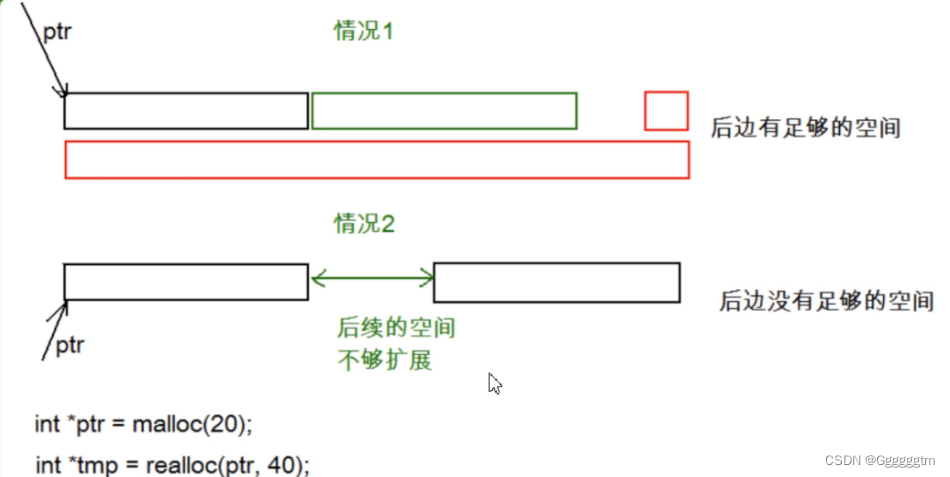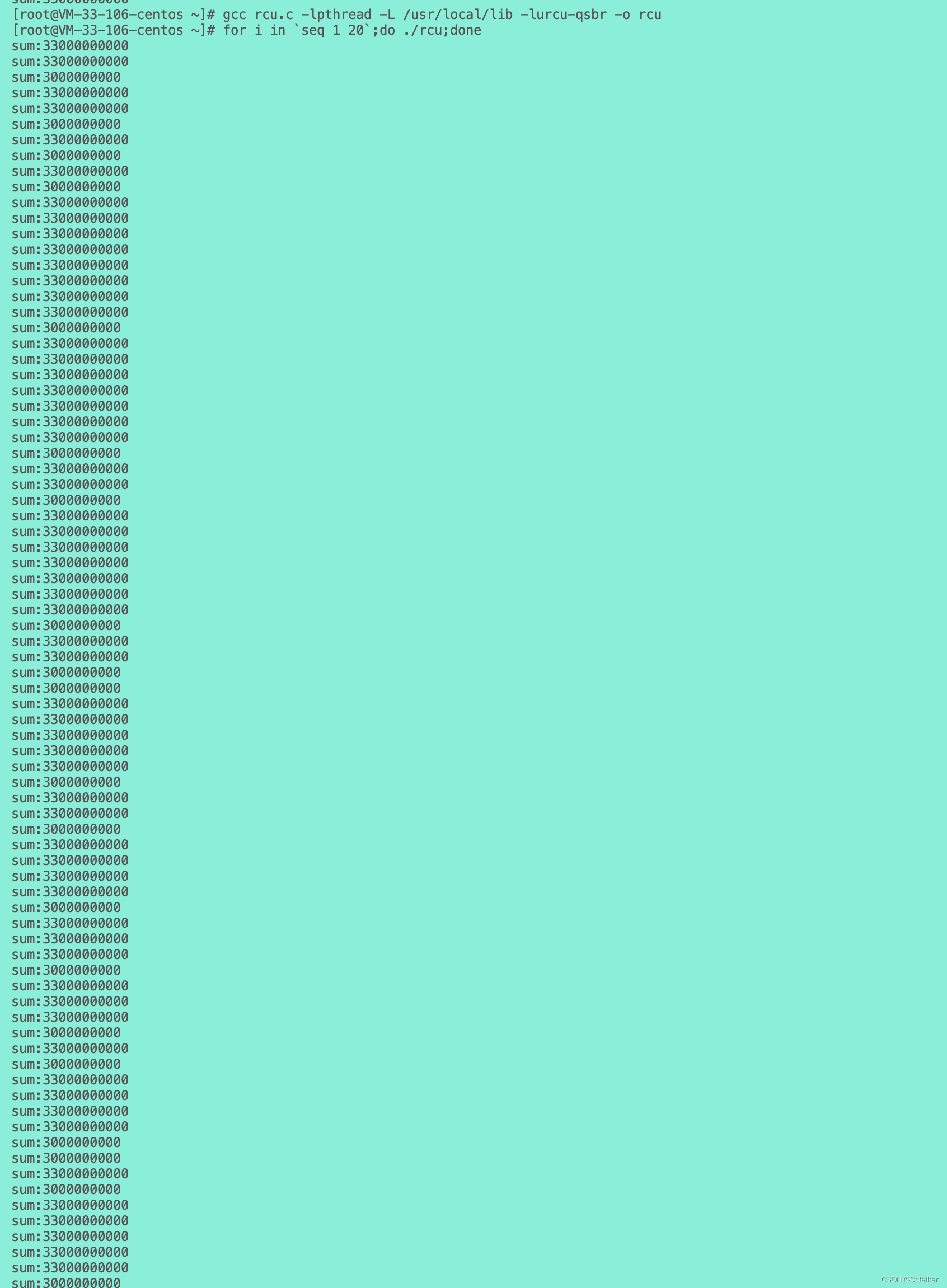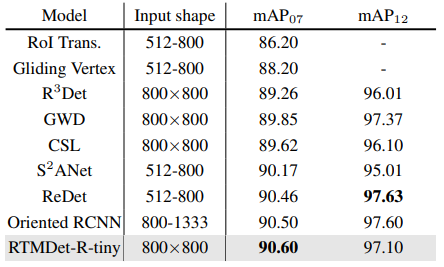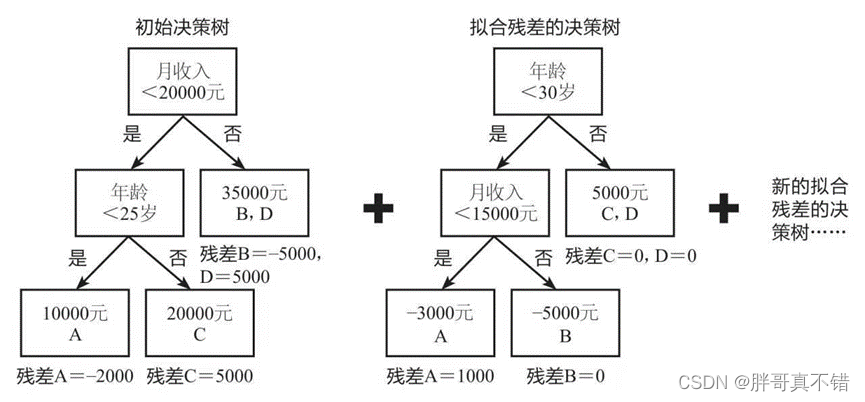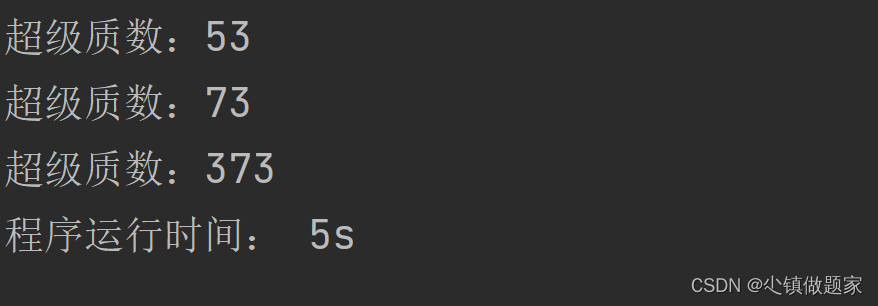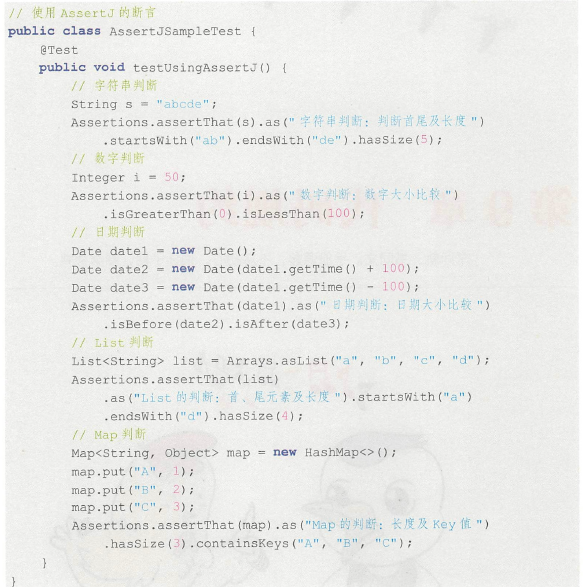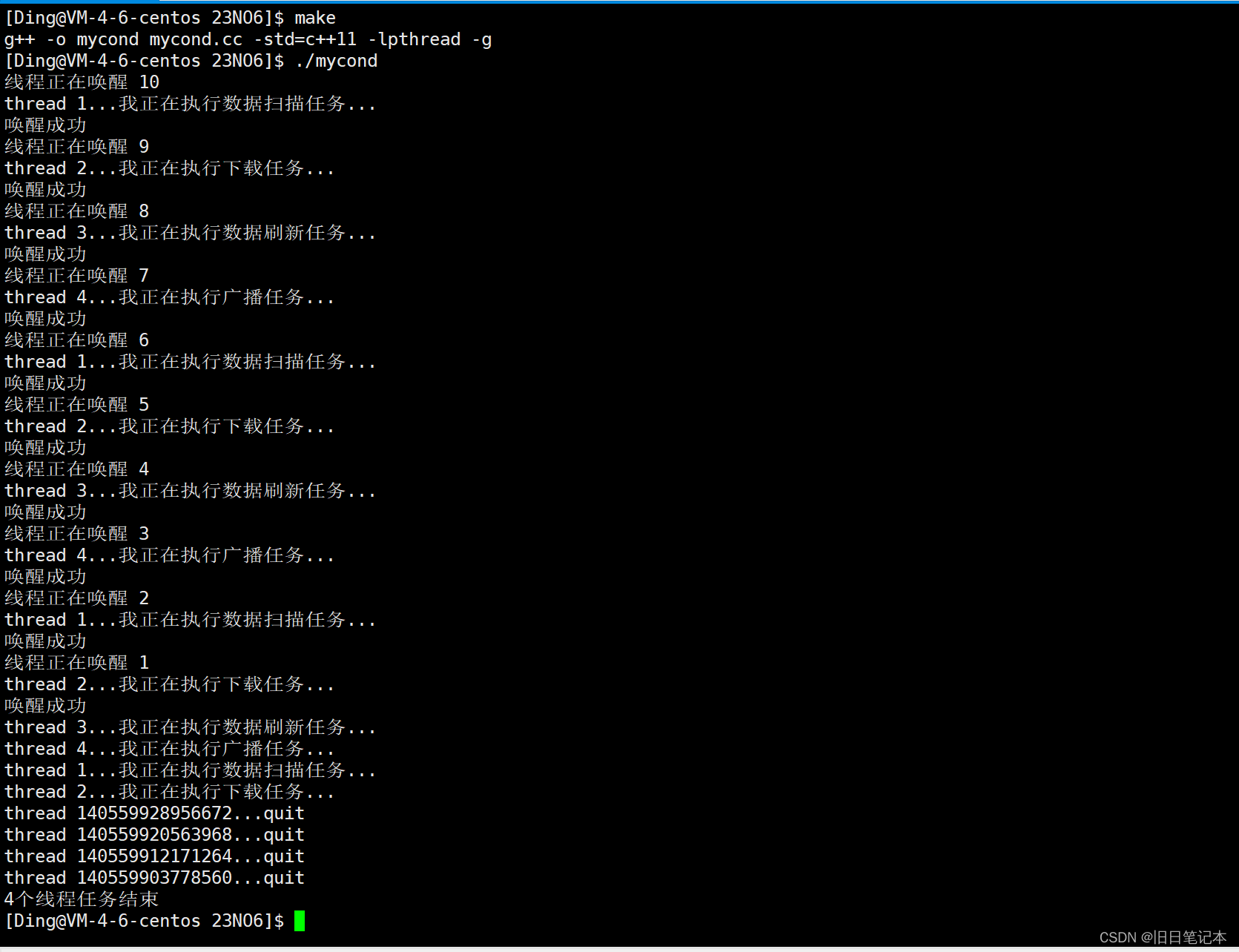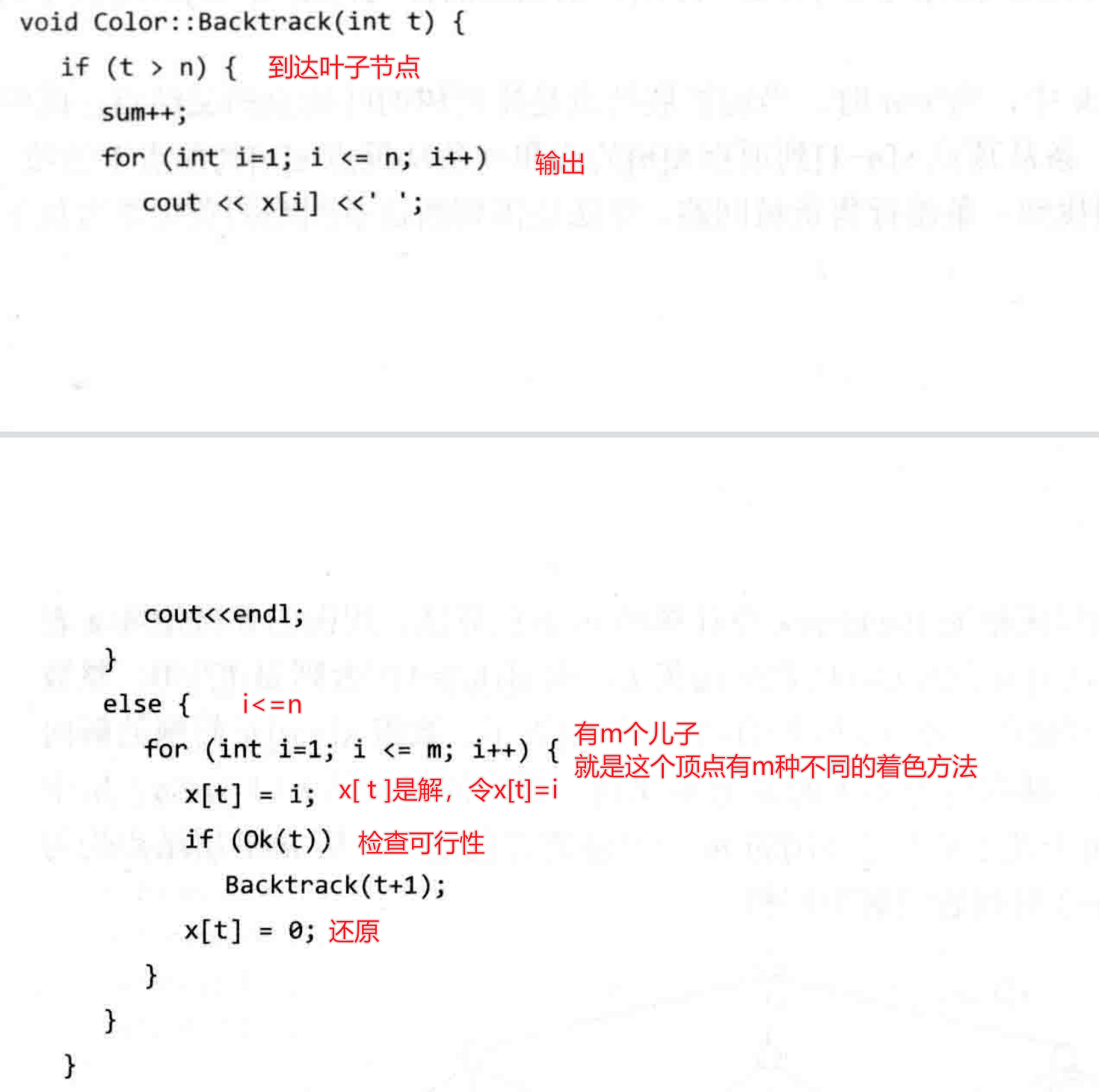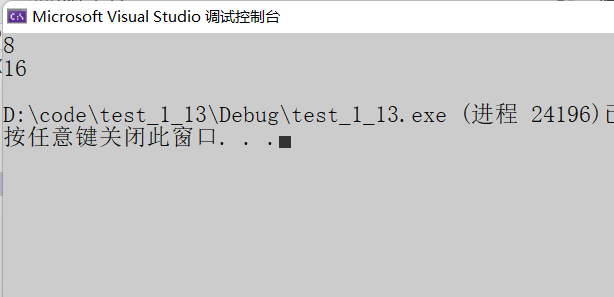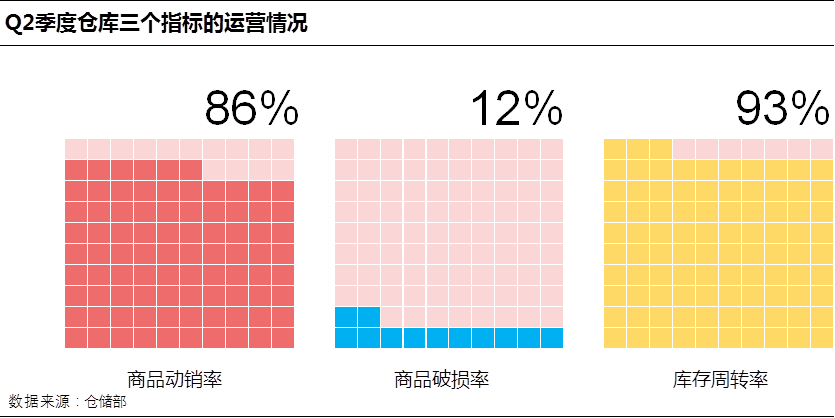定义于头文件 <forward_list>
| template< class T, | (1) | (C++11 起) |
| namespace pmr { template <class T> | (2) | (C++17 起) |
std::forward_list 是支持从容器中的任何位置快速插入和移除元素的容器。不支持快速随机访问。它实现为单链表,且实质上与其在 C 中实现相比无任何开销。与 std::list 相比,此容器提在不需要双向迭代时提供更有效地利用空间的存储。
在链表内或跨数个链表添加、移除和移动元素,不会非法化当前指代链表中其他元素的迭代器。然而,在从链表移除元素(通过 erase_after )时,指代对应元素的迭代器或引用会被非法化。
std::forward_list 满足容器 (Container) (除了 operator== 的复杂度始终为线性和 size 函数)、具分配器容器 (AllocatorAwareContainer) 和序列容器 (SequenceContainer) 的要求。
容量
检查容器是否为空
std::forward_list<T,Allocator>::empty| bool empty() const noexcept; | (C++11 起) (C++20 前) | |
| [[nodiscard]] bool empty() const noexcept; | (C++20 起) |
检查容器是否无元素,即是否 begin() == end() 。
参数
(无)
返回值
若容器为空则为 true ,否则为 false
复杂度
常数。
调用示例
std::cout << std::boolalpha;
std::mt19937 g{std::random_device{}()};
srand((unsigned)time(NULL));;
auto generate = []()
{
int n = std::rand() % 10 + 100;
Cell cell{n, n};
return cell;
};
std::forward_list<Cell> forward_list1;
std::cout << "forward_list1 empty : " << forward_list1.empty() << std::endl;
for (size_t index = 0; index < 3; index ++)
{
forward_list1.insert_after(forward_list1.before_begin(), generate());
}
std::cout << "forward_list1: ";
std::copy(forward_list1.begin(), forward_list1.end(), std::ostream_iterator<Cell>(std::cout, " "));
std::cout << std::endl;
std::cout << "forward_list1 empty : " << forward_list1.empty() << std::endl;
返回可容纳的最大元素数
std::forward_list<T,Allocator>::max_size| size_type max_size() const noexcept; | (C++11 起) |
返回根据系统或库实现限制的容器可保有的元素最大数量,即对于最大容器的 std::distance(begin(), end()) 。
参数
(无)
返回值
元素数量的最大值。
复杂度
常数。
注意
此值通常反映容器大小上的理论极限,至多为 std::numeric_limits<difference_type>::max() 。运行时,可用 RAM 总量可能会限制容器大小到小于 max_size() 的值。
调用示例
//返回根据系统或库实现限制的容器可保有的元素最大数量
std::forward_list<Cell> forward_list2;
std::cout << "Cell max_size: " << forward_list2.max_size() << std::endl;
std::forward_list<int> forward_list3;
std::cout << "int max_size: " << forward_list3.max_size() << std::endl;
std::forward_list<std::string> forward_list4;
std::cout << "string max_size: " << forward_list4.max_size() << std::endl;
std::forward_list<double> forward_list5;
std::cout << "double max_size: " << forward_list5.max_size() << std::endl;
std::forward_list<long> forward_list6;
std::cout << "long max_size: " << forward_list6.max_size() << std::endl;
std::forward_list<long long> forward_list7;
std::cout << "long long max_size: " << forward_list7.max_size() << std::endl;调用示例
#include <iostream>
#include <forward_list>
#include <string>
#include <iterator>
#include <algorithm>
#include <time.h>
using namespace std;
struct Cell
{
int x;
int y;
Cell() = default;
Cell(int a, int b): x(a), y(b) {}
Cell &operator +=(const Cell &cell)
{
x += cell.x;
y += cell.y;
return *this;
}
Cell &operator +(const Cell &cell)
{
x += cell.x;
y += cell.y;
return *this;
}
Cell &operator *(const Cell &cell)
{
x *= cell.x;
y *= cell.y;
return *this;
}
Cell &operator ++()
{
x += 1;
y += 1;
return *this;
}
bool operator <(const Cell &cell) const
{
if (x == cell.x)
{
return y < cell.y;
}
else
{
return x < cell.x;
}
}
bool operator ==(const Cell &cell) const
{
return x == cell.x && y == cell.y;
}
};
std::ostream &operator<<(std::ostream &os, const Cell &cell)
{
os << "{" << cell.x << "," << cell.y << "}";
return os;
}
int main()
{
std::cout << std::boolalpha;
std::mt19937 g{std::random_device{}()};
srand((unsigned)time(NULL));;
auto generate = []()
{
int n = std::rand() % 10 + 100;
Cell cell{n, n};
return cell;
};
std::forward_list<Cell> forward_list1;
std::cout << "forward_list1 empty : " << forward_list1.empty() << std::endl;
for (size_t index = 0; index < 3; index ++)
{
forward_list1.insert_after(forward_list1.before_begin(), generate());
}
std::cout << "forward_list1: ";
std::copy(forward_list1.begin(), forward_list1.end(), std::ostream_iterator<Cell>(std::cout, " "));
std::cout << std::endl;
std::cout << "forward_list1 empty : " << forward_list1.empty() << std::endl;
std::cout << std::endl;
//返回根据系统或库实现限制的容器可保有的元素最大数量
std::forward_list<Cell> forward_list2;
std::cout << "Cell max_size: " << forward_list2.max_size() << std::endl;
std::forward_list<int> forward_list3;
std::cout << "int max_size: " << forward_list3.max_size() << std::endl;
std::forward_list<std::string> forward_list4;
std::cout << "string max_size: " << forward_list4.max_size() << std::endl;
std::forward_list<double> forward_list5;
std::cout << "double max_size: " << forward_list5.max_size() << std::endl;
std::forward_list<long> forward_list6;
std::cout << "long max_size: " << forward_list6.max_size() << std::endl;
std::forward_list<long long> forward_list7;
std::cout << "long long max_size: " << forward_list7.max_size() << std::endl;
return 0;
}输出
